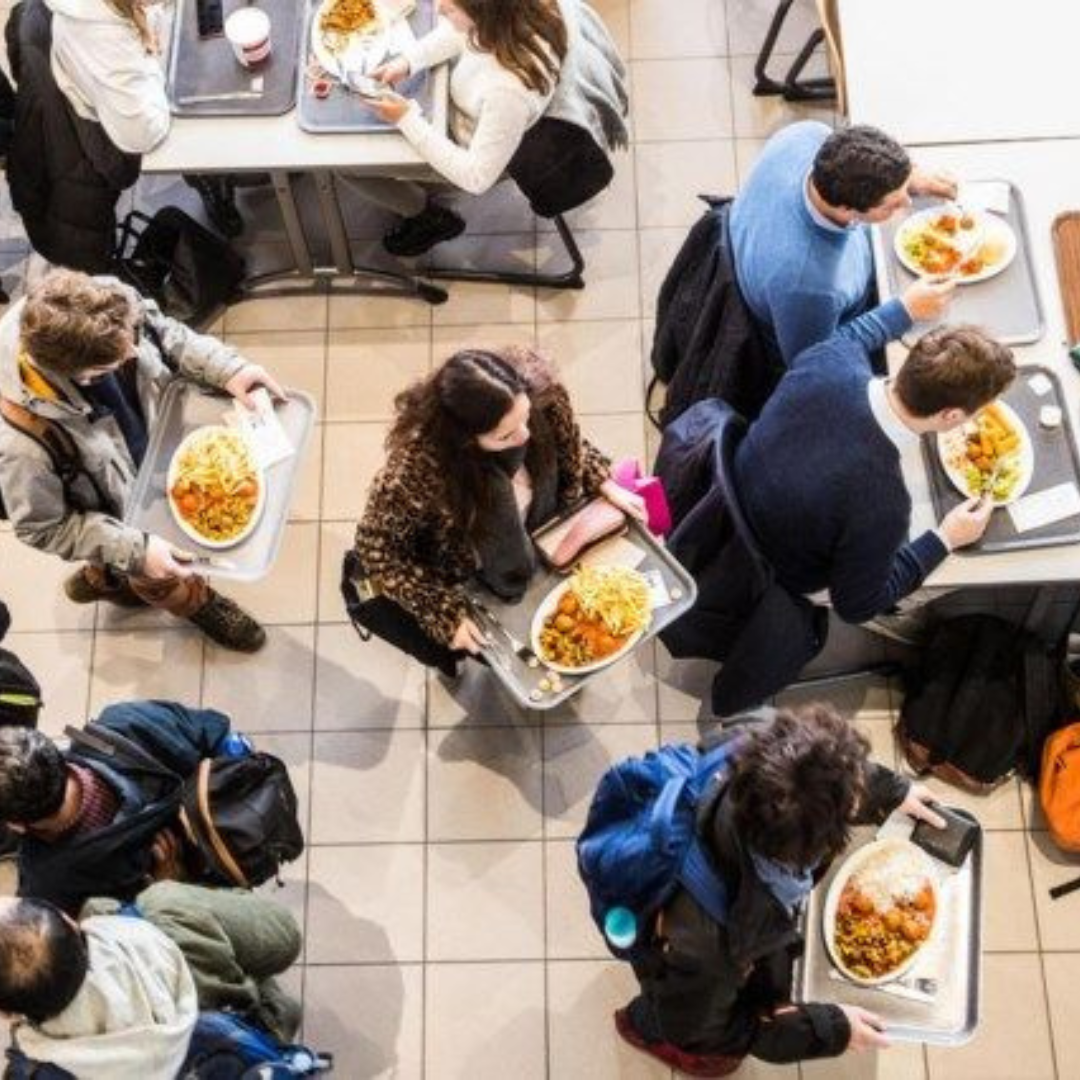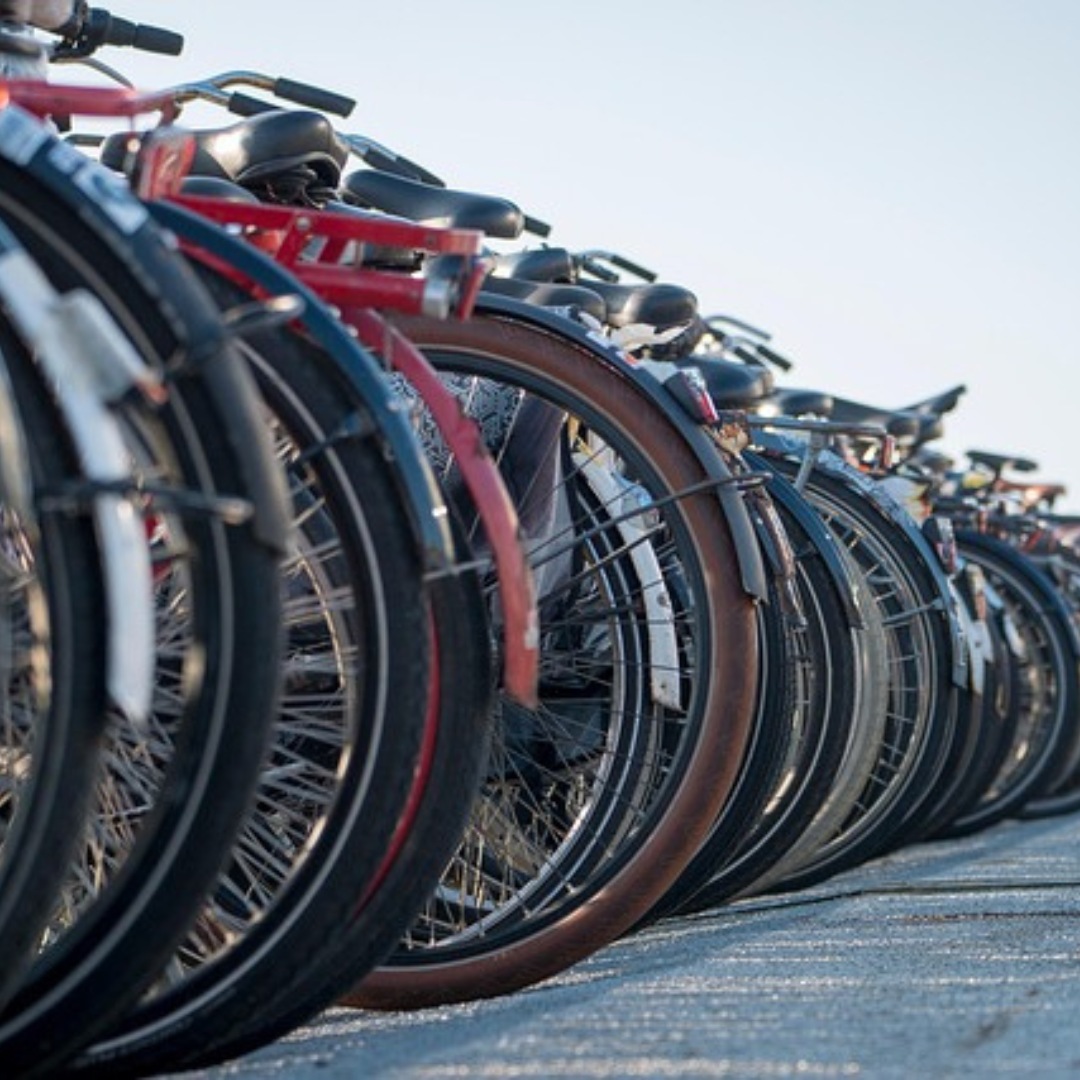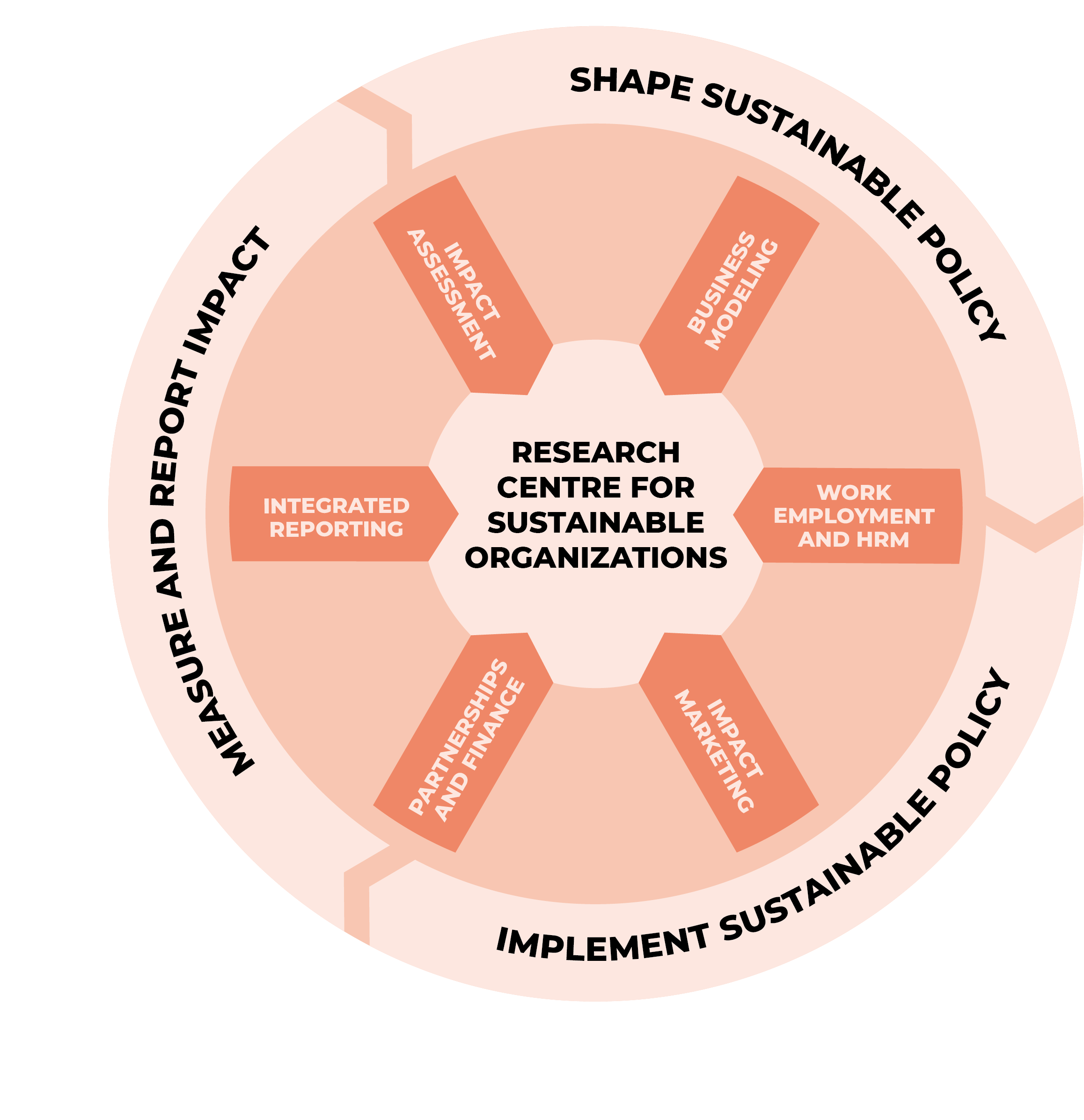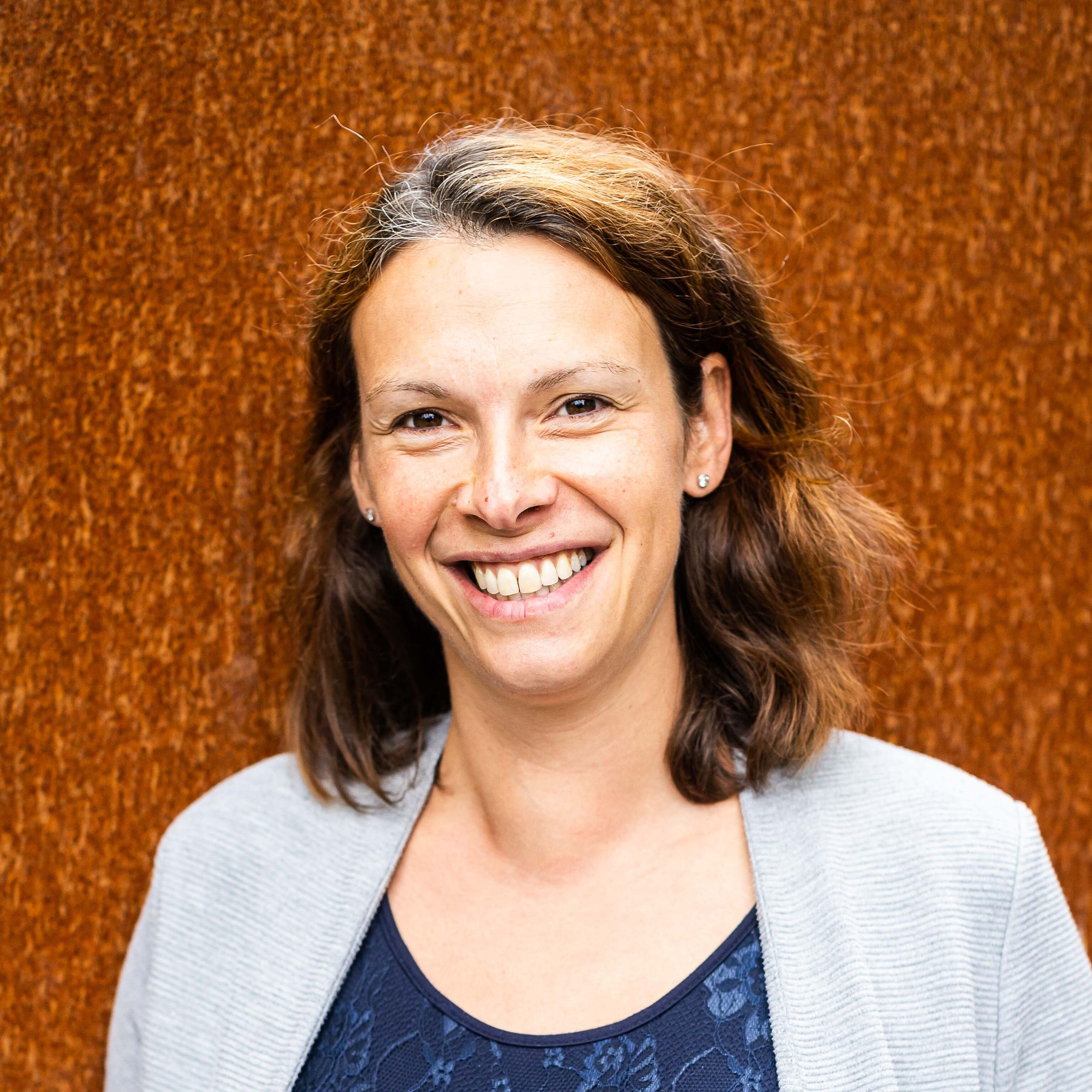When most people think of marketing, they still think of advertising messages that want us to buy as much rubbish as possible. But marketing can also be used to bring about positive social and ecological changes.
Whether you want to convince your customers to switch to more ecological products, launch efficient communication campaigns, or get your employees on board with your sustainability story, everything starts with the right marketing strategy. We support you in developing that strategy based on our research into sustainable behaviour change. A strategy that is founded on scientific knowledge and that will help you influence your target groups in the right way.
Project results.

Towards a protein shift at HOGENT
We aim to make food consumption on our campuses more sustainable. By 2030, at least 60% of meals sold should be plant-based. We examine which nudges and messages can encourage students to opt more frequently for vegetarian and plant-based dishes.

From behaviour to impact: reducing single-use plastics
Within the VLIR IUC programme, we work with Quy Nhon University (Vietnam) to cut down on single-use plastics on campus. The project focuses on raising awareness and motivation among students and staff to use reusable cups and bottles instead.

Boosting hand hygiene with nudging experiments
Colleague Katrien Meert studied hand hygiene among HOGENT students at the Schoonmeersen campus. The research showed that nudges clearly encouraged students to wash their hands more often after using the toilet. Read the article to learn more!

Nudging to reduce no-shows
From healthcare to finance and insurance, organisations use nudges to influence behaviour. The same approach works in the events sector, where nudges can encourage people to show up and help cut no-shows. Read the article to find out how it works!

Escommut: a tool for sustainable commuting
We studied commuting habits of students and staff to understand motivations and barriers to greener travel. Based on these insights, we developed Wise on the Move, an open-source tool that nudges commuters towards cycling and other sustainable choices.

Caring for borrowed products
With TU Delft, we develop ways to encourage consumers to handle shared items with more care. Neglect shortens product lifespans and raises costs. We design interventions and training to promote responsible use, helping extend product lifetimes, cut costs and strengthen the circular economy.
Curious to learn more?
Do you find this research domain interesting? Then be sure to visit the webpage of the Research Centre for Sustainable Organizations.
To enable sustainable impact, it is essential to adopt a long-term approach and work in an interdisciplinary manner. The interconnection of economic, social and ecological aspects, combined with the inherently complex nature of organisations, makes an integrated approach indispensable. A focus limited to a single subdomain of an organisation is insufficient to capture its actual impact. We therefore examine the characteristics and criteria of organisational systems from an interdisciplinary perspective. Our focus lies on modelling and implementing sustainable policies, as well as measuring and reporting impact.


 Evelynn Devos
Evelynn Devos Nena Baeyens
Nena Baeyens Katrien Meert
Katrien Meert